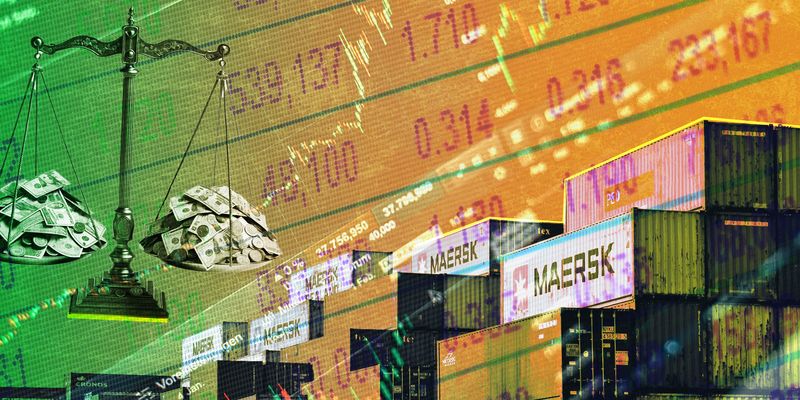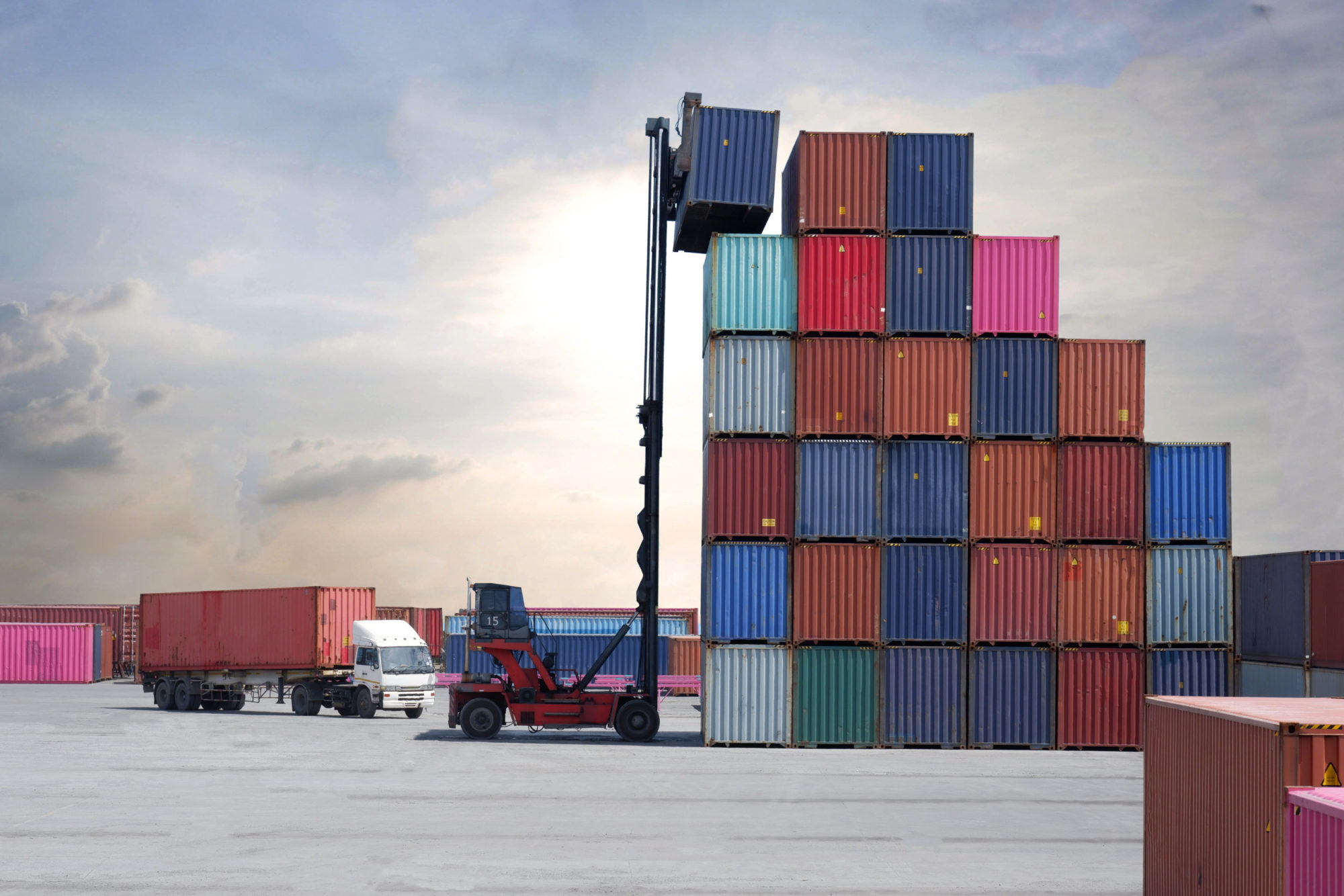

RECOMMENDED READING
At Harvard University in the late 1930s, the mathematician Stanislaw Ulam used to tease the economist and future Nobel Prize winner Paul Samuelson, “Name me one proposition in all of the social sciences which is both true and non-trivial.” It took Samuelson years but, eventually, an answer occurred to him: the Ricardian theory of comparative advantage. Even if Portugal produces both cloth and wine more efficiently than England, as David Ricardo had demonstrated in 1817, the countries can still benefit from trading Portuguese wine for English cloth.
Generalized, this principle forms the basis of the economist’s case for free trade. “The theory of comparative advantage is a closely reasoned doctrine which, when properly stated, is unassailable,” Samuelson would write in his industry-leading textbook, Economics, which debuted in 1948. “With it we are able to separate out gross fallacies in the political propaganda for protective tariffs aimed at limiting imports.” Almost half a century later, Professor Paul Krugman confirmed, “the essential things to teach students are still the insights of Hume [a contemporary of Adam Smith] and Ricardo.”
Anyone who has taken an introductory course in economics learned just that, and anyone giving even cursory attention to current affairs has heard the same message repeated ad nauseam and with absolute confidence by Nobel laureates proclaiming their unanimity and mocking dissent. On free trade, said Milton Friedman, “economists have spoken with almost one voice for some two-hundred years.” Friedrich Hayek promised that “the self-regulating forces of the market will somehow bring about the required adjustments to new conditions,” including “necessary balance … between exports and imports.” Krugman concurred that “trade deficits are self-correcting”and, frustrated that “carefully explaining economic concepts like, say, comparative advantage [] doesn’t work,” he suggested, “What does work, sometimes, is ridicule. If you can make someone who imagines himself to be a deep sophisticate look silly, sometimes it gives him—or at least someone else who might be tempted to follow the same route—pause.”
After the Cold War’s end, a bipartisan consensus solidified amongst political leaders who accepted the free-trade consensus and accelerated globalization, in quick succession forming the North American Free Trade Agreement (NAFTA), launching the World Trade Organization (WTO), and granting China permanent normal trading relations (PNTR) as a WTO member. Standing in the White House briefing room in 2000 to present, a letter signed by 149 economists supporting PNTR with China, Nobel laureate Robert Solow explained, “An awful lot of the intellectual power of the economics profession has signed this letter. And it’s such a simple proposition it doesn’t really require that. You could not generate a hard exam question out of the material here.” Writing in the Wall Street Journal, Clinton’s Treasury Secretary, Larry Summers, crowed, “On this issue there has been only one answer.”
Reality, unfortunately, found a second answer. US exports and imports were roughly balanced in 1992; in 2022 the trade deficit exceeded $900 billion for the first time. Even in advanced technology products, the same 30-year period saw the United States swing from a $60 billion surplus to a nearly $250 billion deficit. Economic growth and business investment slowed, with the 2000s and 2010s turning in the worst and second-worst decades of the post-war period. In manufacturing, productivity growth turned negative—American factories needed more labor in 2022 than in 2012 to produce the same output. The crown jewels of American industry, revolutionary innovators like General Electric, Boeing, and Intel, lost their positions of global leadership. The US-China trading relationship became the most imbalanced in world history and cost millions of American jobs. Tesla Motors, an icon of contemporary American innovation, reports that most of its key stakeholders reside in China and CEO Elon Musk pledged in July to enhance “core socialist values.”
Recommended Reading
Searching for Capitalism in the Wreckage of Globalization
Mutual dependence between capital and labor, not mere “economic freedom,” is what Adam Smith so ably described. Globalization destroys it.
Can Free Trade Work for Everyone?
Pete Coy discusses the debate over free trade, highlighting Oren Cass’s rebuttal of Glenn Hubbard’s recent book.
Freer Trade Isn’t Always Better
Oren Cass takes on the entrenched belief held by the U.S. economics profession that countries should always pursue a policy of free trade. He argues that Smith and Ricardo have been misunderstood for generations because their key assumptions around capital mobility were omitted as the arguments were passed down.












